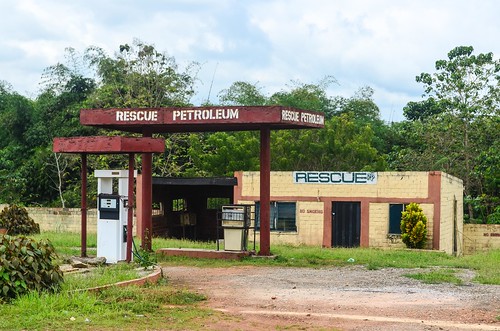Data literacy needs within the Follow the Money network
Zara Rahman - January 26, 2015 in Events, Follow the Money, Блог, Интернационален
Last week, I joined a meeting hosted by the Transparency and Accountability Initiative around ‘Follow the Money’. It brought together people working on various aspects of the money trail, from access to information, to developers, investigative journalists, campaigners and activists, to think about how we can better collaborate in the future, and where the gaps are in the network.
I had the pleasure of running a couple of School of Data related sessions, too – one short skillshare running through the ‘data pipeline’, and a longer session building out a ‘follow the money’ focused data pipeline, focused mainly on gathering various data sources on topics in this field. The pipeline, in its rough format, is online here, and I’ll publish it in a more accessible format on the School of Data site soon too.
The value of asking questions
These sessions made me think about how data literacy skills could be developed within this community, and what is really needed to support and further the work of Follow the Money initiatives. Pragmatically speaking, for technology and data to be engaged and used successfully to further people’s work, not everyone in that room needs to be a superstar data wrangler or developer. What they do need, though, is to know where the people with technical expertise are, and to be able to ask them for assistance.
In the ‘thanks’ at the end of the workshop, lots of us mentioned that being in a space where, as our facilitator Allen Gunn said, ‘asking a question is considered to be a heroic act of leadership’ rather than a signal of a lack of knowledge. It was obvious that we valued most the patience and understanding of those around us who have higher levels of knowledge in a certain field, be that topical expertise, or technical; and that for many, the opportunity to ask these technical questions comes far too rarely.
This made me think about the value of the School of Data community – in my follow up emails from the workshop, I’ve been connecting people from various countries and contexts to former fellows who are based near them, or people running local groups in neighbouring countries, who can help them in person as well as online with their data-related queries. From past experience of seeing how well our data trainers and community members work with civil society groups with lower levels of data literacy, I’m optimistic that this will work out well – whether it be simply exchanging a few emails, or working with the community members or us at School of Data central to commission actual in person trainings.
Data wrangling + topical expertise = effective data-driven campaigning
As I mentioned, these connections provide a somewhat pragmatic solution to a need for better use of data among the community. Ideally, however, we would have people based within these organisations for long term support, who have both topical expertise and data wrangling skills.
And from what I heard, the need for this skillset will become extremely pronounced in the coming years; various directives and new laws regarding data availability and transparency sitting at different points of the money trail will be coming into force over the next couple of years, and they will bring with them a deluge of data. For example, data on extractives following Section 1504 of the Dodd Frank Reform, and company data following the EU Accounting and Transparency directives. What stories lie within that data, and how can we uncover them?
Many of the people and organisations represented at the Follow the Money workshop have been instrumental in campaigning for those transparency directives; but how many of those organisations possess in-house ability to actually process and use that data? Effectively, the next round of campaigning should be based on stories that come out of that hard-fought for data – but for that to happen, we need to start preparing now, by building data and technical skills among our communities.
Laying the groundwork for data storytelling
So, how can we start doing this? It could be through providing support for current employees of organisations to attend data expeditions or data skills courses on an ongoing basis; not just one off workshops, but people learning skills that are clearly relevant to their work, and having regular refresher courses to keep it relevant and in their minds. Or, (apologies for the blatant self-promotion here!) – it could be through supporting topical School of Data fellows to be based within the community and provide ongoing support, focusing on a specific topic – like extractives, or corporate money flows, for example.
Our experiences from the 2014 fellowships have led us to believe that the fellowship scheme is a sustainable and successful method of building up capacity both in terms of finding and supporting data storytellers and trainers (the Fellows), and equipping them with the skills they need to provide ongoing support to organisations based in their area, with whom they share their skills. Last year, the fellows carried out activities ranging from regular workshops with local organisations, to data clinics and expeditions for newcomers to get hands on with data, to simply being present within organisations as in-house support.
From what I saw last week, a lot of organisations within the Follow the Money network could do with this support. The earlier we start developing this capacity, the better equipped we will be as a community to start delving into the avalanche of data that is soon to come our way.
If you want to find out more about the Fellowship scheme, see the section ‘Fellowship Programme’ on our 2014 Annual Report, and if you’d like to talk about supporting a fellow through our upcoming 2015 scheme, get in touch with me on zara.rahman [at] okfn.org







